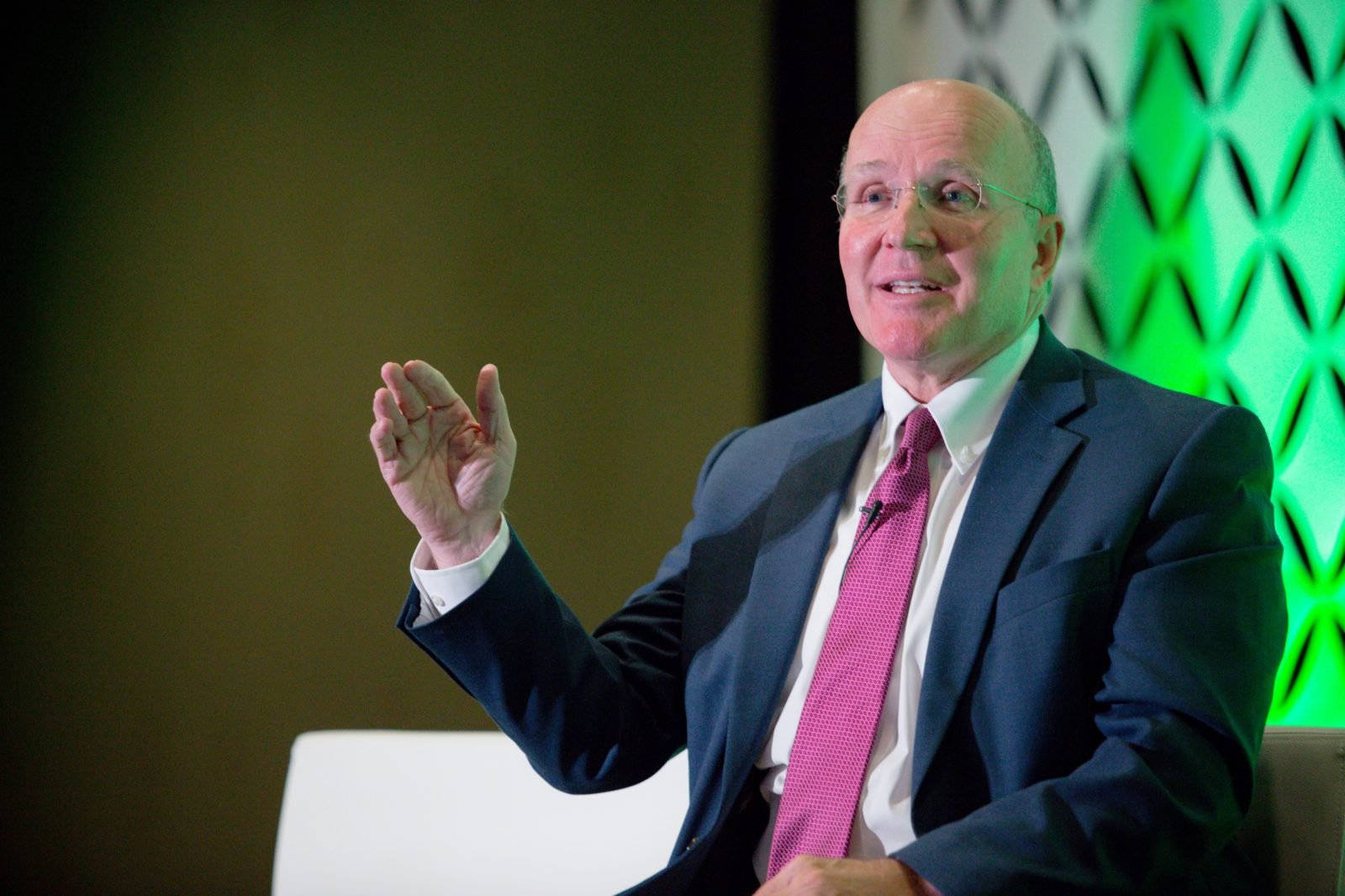Biography
Ron and Ed were excited to have on economist and blogger Warren Meyer.
Warren runs a large small business, by which he means that it seems to require a tremendous amount of work for the money it makes. His company runs parks and campgrounds under concession contracts with public recreation authorities. Before becoming an entrepreneur he worked from other people in companies as large as Exxon and as small as 3-person Internet startups. He has an MBA from the Harvard Business School and a mechanical engineering degree from Princeton University.
But we are going to speak with him about his blogging activities including his work at CoyoteBlog.com and Climate-Skeptic.com. He also has written a novel called BMOC and several books and videos on climate change.
Ed’s Questions—Segments One and Three
Let’s talk about yourself and your company, Recreation Resource Management?
I’m a staunch libertarian, as I think you are, often times when I hear public/private partnership, I think crony capitalism, but it sounds like you have a good deal going here?
The California wildfires, is this mismanagement of the Park Services. Any thoughts on that?
It sounds like a worse mess than the Fed, which is to balance unemployment and interest rates because there’s five or six competing interests here?
Your video presentation at Claremont College, explain what you mean when you call yourself a luke-warmer?
You have another proposal regarding healthcare. It’s one of the most innovative proposals. I love it and hate it, so it must be a good idea.
We’d also see a dramatic expansion of concierge and direct primary care medicine where people would subscribe to a doctor.
Reminds me of a line, if you look at a balance sheet of the US government you realize it’s a large insurance company with an army.
If we were responsible for our first 10% of heath care, what percentage of the transactions would that be, it has to be like 90% right?
Ron’s Questions—Segments Two and Four
We were discussing during the break this FEE article, “Why We Need More Climate Change Skeptics” by Doug Casey his point is climate scientists are not prophets. Scientists have made many mistakes, from Rachel Carson’s book, Silent Spring, causing the deaths of 30-50 million people in Africa from malaria due to the banning of the pesticide DDT. He defines the 97% consensus on climate change as “climate scientists actively publishing in scientific journals. That’s who the survey was sent to, so there’s obviously a selection bias, as only those advocating are going to publish, not the skeptics. Do you think it’s become too political?
Science progresses by dissent, not consensus. At one point, most doctors believed bloodletting was effective.
Plate tectonic theory [and how it was rejected for so long] is a great example. You can be alone and still be right in science. It’s not up for a vote.
Some of this climate science based on computer models, and the Club of Rome had computer models, too, which were wrong. Garbage in, garbage out, right?
It seems like when they do release the data, it’s disproven. We just had that mathematician call out mistakes in some recent data released.
You have an interesting proposal on the carbon tax and income tax. Can you explain that?
It’s a great idea, that’s the problem with it, it’s too logical. Do you think Congress would ever do it?
Picking up on your proposals that both sides tend to hate, what is your position on the Universal Basic Income.
That’s Charles Murray’s idea, pass a constitutional amendment to get rid of everything else, including Social Security, and replace it with a UBI. But that doesn’t seem like it would fly politically.
You wrote a post about doing business in California, and how you are pulling out due to the regulatory environment, not so much the taxes.
In your post, Doing Business In California, you cite how Governor Brown signed more than 1,000 bills this year. The governor Tweeted that he decided on nearly 20,000 bills in his 16 years." (source).
I love how you pick on Elon Musk In my extended article the other day about Tesla I wrote of Elon Musk [“Elon Musk is not the smartest guy in the world. He is clearly a genius at marketing and brand building. He has a creative mind -- I have said before he would have been fabulous at coming up with each issue's cover story for Popular Mechanics.”]. Do you think Tesla would sell without the subsidies (it doesn’t in OZ, other countries)?
What is your novel "BMOC" about?












